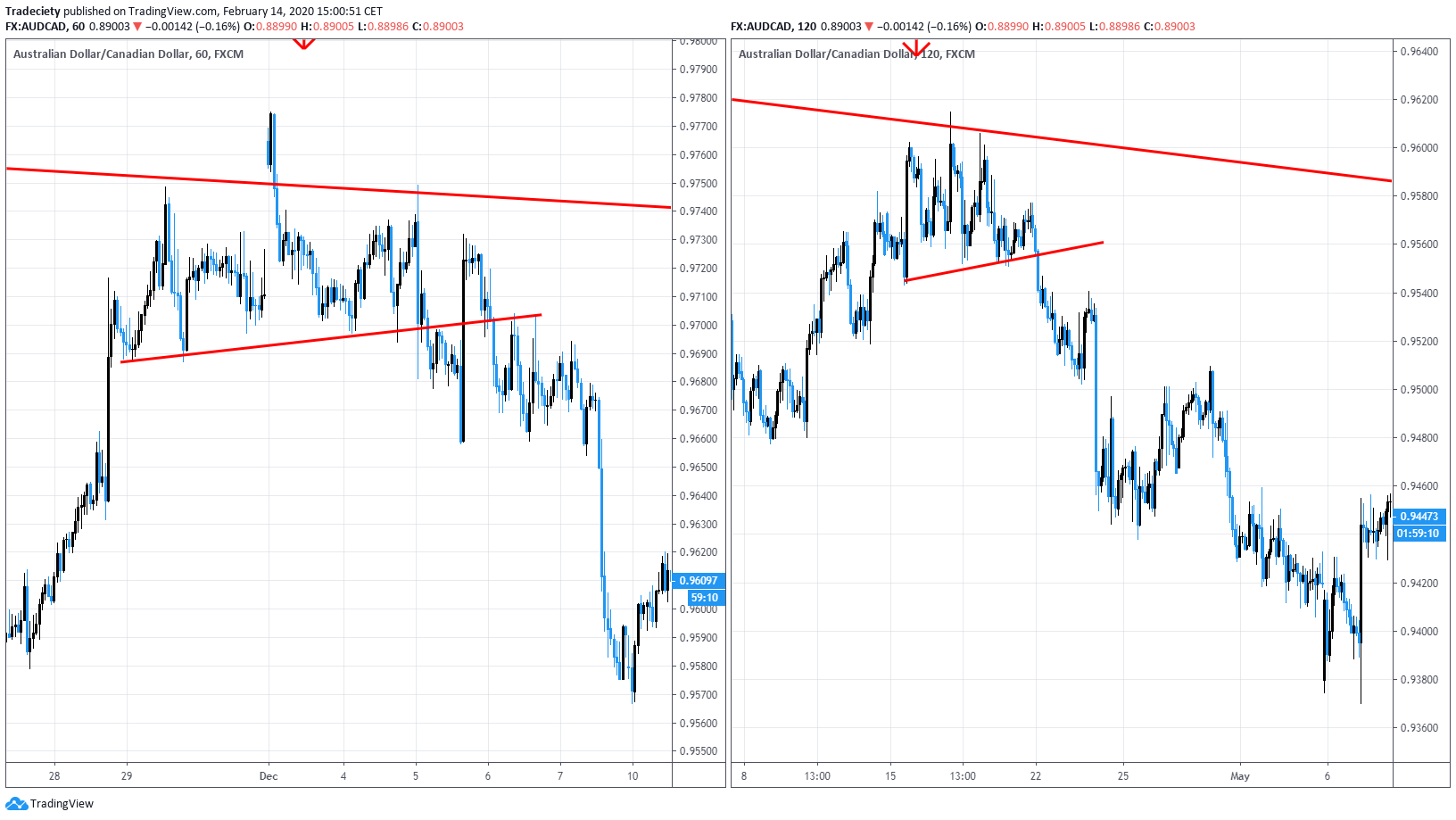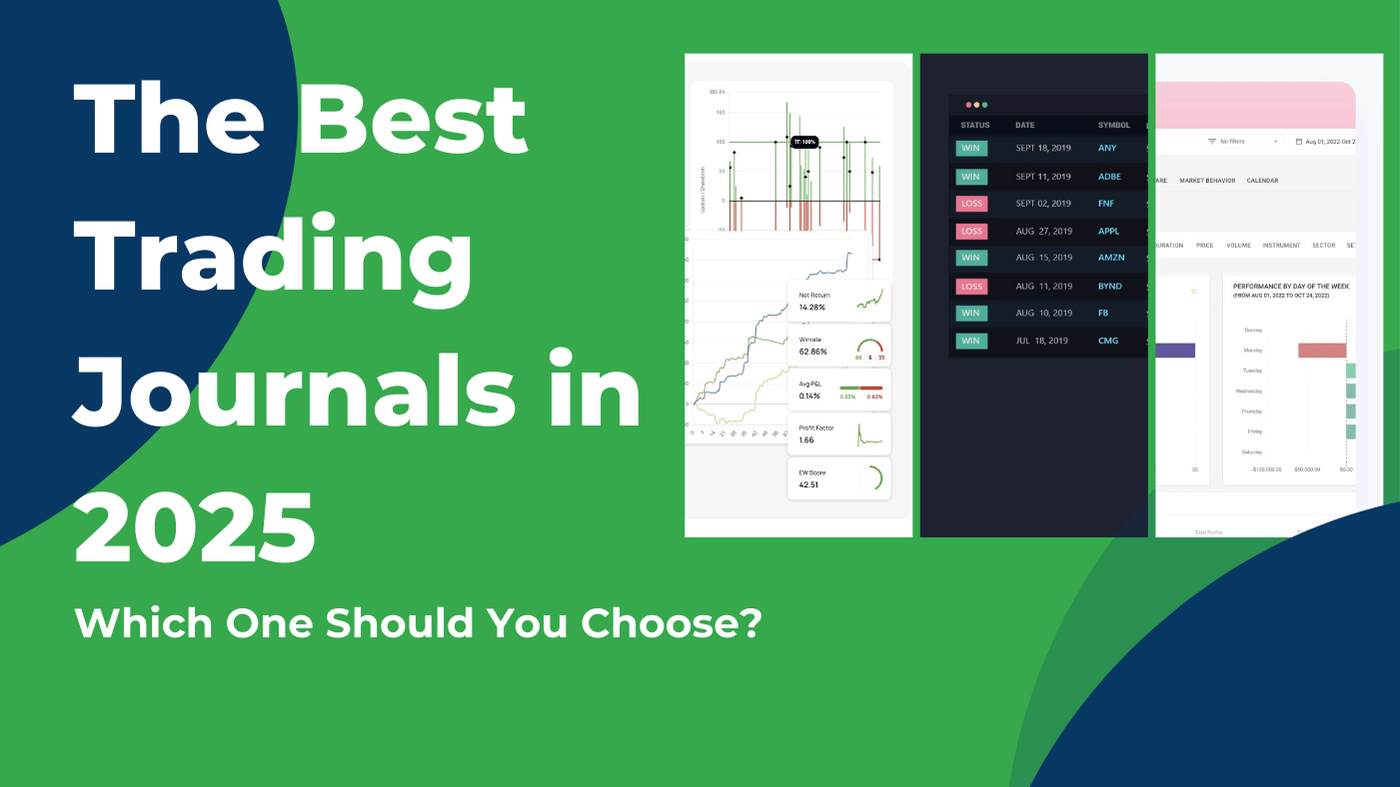3 min read
Scientist Discovered Why Most Traders Lose Money – 24 Surprising Statistics
“95% of all traders fail” is the most commonly used trading related statistic around the internet. But no research paper exists that proves this...

In relation to my last post, today I want to give you a few reasons why trading is not inherently bad and hope to give you a few ideas to resolve your inner conflicts, which I am pretty sure many of you have when it comes to making money by taking money from others.
Public perception says gambling (read: trading…) is bad. Your parents say gambling is bad. Your partner/spouse says gambling is bad. Well, guess what, they are wrong. Hypocrites. Smoke ’em.
In my few years on planet earth, I have seen too many aspiring gamblers crumble to the pressure of their peers and society. It seems that telling your family that you are going to make your money as a professional gambler is as bad as telling them you are going to be an underworld drug lord, or probably even worse! At least drug lords make money, instead of losing it.
The same hypocrisy that pushes gambling into eternal damnation also comes to play when you think about alcohol and other drugs. Alcohol is “ok” because it is deeply rooted in our society, Marihuana is “bad” because it is a drug. Surprise! Alcohol is much worse than most other drugs: “Excessive alcohol use led to approximately 88,000 deaths and 2.5 million years of potential life lost (YPLL) each year in the United States from 2006 – 2010, shortening the lives of those who died by an average of 30 years.”
Deaths from Marihuana? Zero. Now the discussion, of course, goes much deeper than that (just legalize it and pocket the taxes, can’t be that hard?), but I simply wanted to clarify a point here: just because everyone says this and that, does not mean that this and that is correct.
The level of thought most people reach in their life is simply listening to others, and taking it for granted – their brain power never makes it past infancy. The only thing that changes is their source of information. First, you believed your parents that Santa Claus was real, then you believe Fox News that America’s freedom has got to be defended by bombing civilians on another continent.
This is, by the way, the beauty of freedom of speech – if everyone can say what he wants, everywhere, it is very easy to get the propaganda machine running because people are overwhelmed by information and simply rely on the biggest and well-known information canals. Just saying.
If you ever want to make it as a professional gambler (and as a decent human being), you have to look far, far, far beyond the common horizon. You have to question everything and everyone, all the time. Be independent. Make up your fucking mind.
Now why am I stating that people who say gambling is bad are hypocrites? For two reasons: one, they do not understand professional gambling and cannot distinguish it from excessive gambling. Two, they are gamblers themselves. Yes, everyone is!
As far as reason number one goes, it is a really simple concept really. No one can have a valid opinion about something that he does not understand, period. No discussion.
For reason number two I will give you a few examples what every day gambles are: Signing an insurance contract. Getting on a plane. Buying..anything. Leaving your house. Getting a job. Deciding which classes to take at University. Every time you exchange something for something, you gamble.
You assess the value of the thing you receive in exchange for what you give and measure whether the risk is worth the reward. There will always be a factor of uncertainty because you do not know 100% what you will get until the exchange has been fulfilled by both sides.
What most people probably do not know is that they are gambling with their lives every minute. When you exchange your time, the most precious commodity in the world, for money at a normal 9-5 job, you gamble that the risk (lost time) is worth the reward (money), which most often, of course, it is not.
But that is exactly how people choose their jobs. “How much can I make?” is the question that everyone has on their minds, not realizing that actually you bet your life on a “dream” that is not even yours. I can guarantee you the reward will be ridiculously small compared to your risk.
Obviously, I am not saying that you should not work hard. Working hard makes you happy. Sloth makes you depressed. Simple as that. Find what makes you tick and then give it all you got.
So there you have it. Every single decision you make, ever, in your life, is a gamble. Betting money on an outcome you think is likely is just another form of value exchange. Some are good at it, most suck at it. And when it becomes excessive to the point where it consumes you, it will destroy you, like any other excessive habit.
Gambling is seen as detrimental in most societies across the globe because it is largely not understood, and because it attracts a few “colorful” people. “Mob” is the right word I think. But it also attracts many of the brightest and smartest minds I ever had the honor to get to know.
Gambling is my passion, my life. I breathe it, I eat it, I dream it. Life IS a gamble. You might just want to try to become good at it! Or keep listening to the naysayers. It is up to you, really. And if you want to contribute some value to society, donate a chunk of your winnings to charity, as I have been doing for years. Be passionate about what you do with the money you earn, and do good with it. It will make a huge difference in your P&L at the end of the day, trust me.

3 min read
“95% of all traders fail” is the most commonly used trading related statistic around the internet. But no research paper exists that proves this...

3 min read
Trendlines can be great trading tools if used correctly and in this post, I am going to share three powerful trendline strategies with you.

3 min read
Choosing the right trading journal is essential for traders wanting to analyze performance, refine strategies, and improve consistency. In this...